Guido Fambach was a significant historical figure whose life and actions had profound implications․ His story offers insights into complex historical events and the human experience during tumultuous times․
1․1 Who is Guido Fambach?
Guido Fambach was a prominent figure in the historical context of the 20th century, particularly known for his involvement in significant events that shaped global history․ As a military officer, he played a notable role during a tumultuous period, with his actions and decisions having far-reaching consequences․ His life intersected with key historical moments, making him a subject of both scrutiny and study․ Fambach’s beliefs and ideologies were deeply intertwined with the political and social climate of his time, influencing his actions and legacy․ His story serves as a lens through which historians examine the complexities of power, ideology, and the human condition during periods of conflict and transformation․ Understanding his life provides valuable insights into the broader historical narrative of his era․
1․2 Importance of Studying His Life and Work
Studying Guido Fambach’s life and work is crucial for understanding the historical context in which he operated․ His experiences and decisions offer insights into the complexities of leadership, ideology, and the consequences of actions during critical periods․ By examining his role in historical events, researchers can gain a deeper understanding of the motivations and pressures that shaped his choices․ Fambach’s life serves as a case study for analyzing the interplay between personal beliefs and broader societal dynamics․ Additionally, his legacy provides valuable lessons about the ethical implications of power and the importance of accountability․ His story is a testament to the enduring relevance of historical inquiry in shaping our understanding of the past and its impact on the present․
Early Life and Education
Guido Fambach was born in Germany, raised in a traditional family, and developed early interests in history and ideology․ His education shaped his worldview and future path․
2․1 Family Background and Upbringing
Guido Fambach was born into a middle-class German family, where traditional values and discipline played a central role․ His parents, though not prominent figures, instilled in him a strong sense of loyalty and duty․ Growing up in a conservative household, Fambach was exposed to ideologies that emphasized order and hierarchy․ His family’s influence likely shaped his early worldview, fostering a respect for authority and structure․ These formative years laid the groundwork for his future actions and decisions, particularly in his adherence to ideologies that aligned with his upbringing․ The stable, yet rigid, environment of his family life contributed to his personality and outlook, setting the stage for his involvement in significant historical events․
2․2 Educational Journey and Early Interests
Guido Fambach’s educational journey began in a traditional German school, where he developed a strong foundation in classical subjects․ His early interests leaned toward history and philosophy, which shaped his worldview․ He pursued higher education in law and political science, reflecting his desire to understand societal structures․ Fambach’s academic pursuits were marked by a keen interest in governance and leadership, which would later influence his career path․ His studies exposed him to various ideologies, contributing to his developing beliefs․ This period of intellectual growth was pivotal in forming his perspectives on authority and order, which became central to his actions in later life․ His educational background played a significant role in shaping his future endeavors and ideological alignments․
Military Service and Role in the SS
Guido Fambach’s military service involved significant involvement with the SS, where he held roles aligned with the organization’s objectives during a tumultuous period in history․
3․1 Enlistment and Early Years in the Military
Guido Fambach’s early military career marked the beginning of his involvement in significant historical events․ His enlistment and initial years in the military were shaped by the political climate of the time․ Fambach’s early service laid the foundation for his later roles, as he quickly aligned with the ideological frameworks of the organizations he joined․ His rise within the ranks was influenced by his adherence to the prevailing ideologies and his ability to adapt to the demands of the military structure․ These formative years were pivotal in shaping his future actions and allegiances, setting the stage for his eventual role in the SS․
3․2 Role and Responsibilities in the SS
Guido Fambach held a significant role within the SS, where he was entrusted with specific responsibilities that aligned with the organization’s objectives․ His duties involved enforcing ideological policies and maintaining order, often requiring direct involvement in operational tasks․ Fambach’s role implicated him in key decisions and actions tied to the regime’s strategies․ His responsibilities included overseeing certain units and ensuring compliance with directives, which often led to consequences for those targeted by the SS․ The nature of his role placed him at the center of controversial events, making his actions subject to scrutiny․ Examining Fambach’s responsibilities provides insight into the inner workings of the SS and the broader historical context․
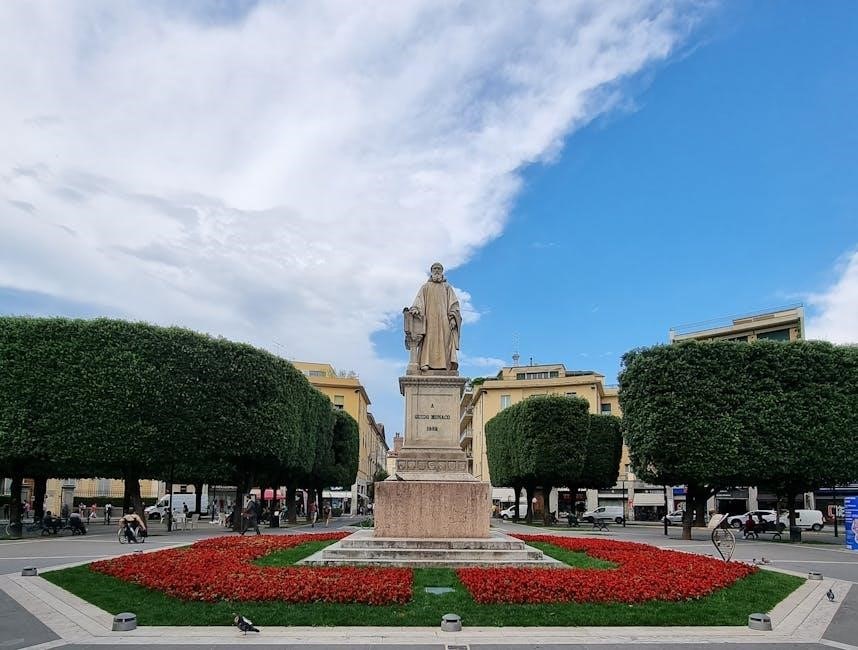
The Nuremberg Trials
The Nuremberg Trials were pivotal in addressing wartime atrocities, holding individuals accountable for their actions during the war, and establishing legal precedents for international justice systems globally․
4․1 Indictment and Charges Against Guido Fambach
Guido Fambach was formally indicted during the Nuremberg Trials for his alleged involvement in war crimes and crimes against humanity․ The prosecution presented evidence linking him to atrocities committed during the war, emphasizing his role in the SS and alleged participation in oppressive policies․ The charges highlighted his responsibility for the devastation and suffering caused, particularly in occupied territories․ The indictment underscored the severity of his actions and their broader impact on innocent civilians․ The trial aimed to hold individuals accountable and establish a legal framework for addressing such atrocities․ Fambach’s case was a critical aspect of the proceedings, reflecting the broader goals of justice and accountability in the post-war era․
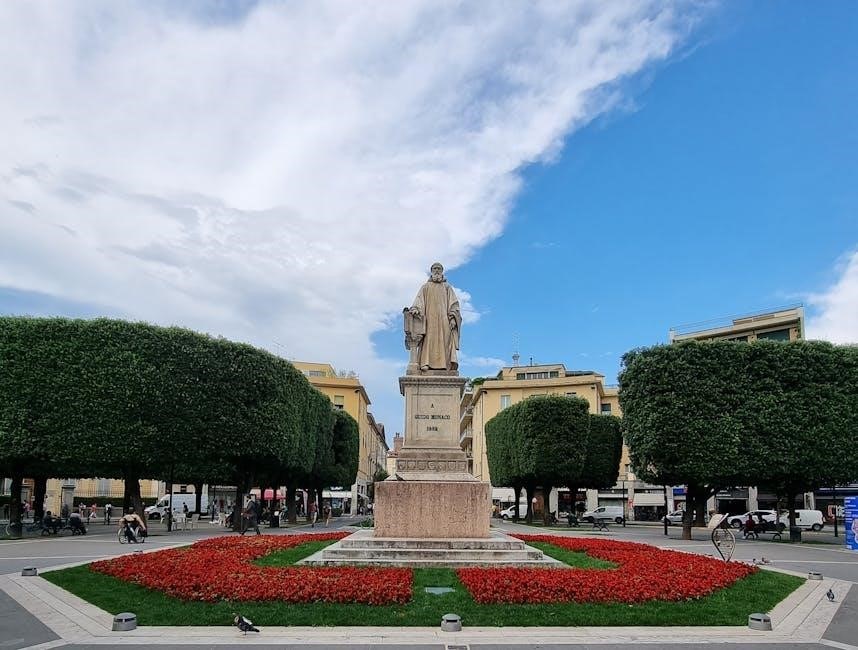
4․2 Trial Proceedings and Outcome
The trial of Guido Fambach proceeded with meticulous scrutiny, as prosecutors presented extensive evidence detailing his alleged role in wartime atrocities․ Witnesses testified about his involvement in SS operations, and documentation tied him to policies that perpetuated suffering․ Fambach’s defense argued for diminished responsibility, claiming he acted under orders․ After deliberation, the tribunal delivered a verdict, finding him guilty of specific charges․ He received a significant prison sentence, reflecting the severity of the crimes․ The outcome underscored the accountability sought by the Nuremberg Trials, aiming to establish justice and deter future atrocities․ Fambach’s case remains a pivotal example in the pursuit of legal reckoning for wartime offenses․
Life After the War
Guido Fambach’s post-war life remained shrouded in obscurity․ After his release from imprisonment, he sought to reintegrate into society, avoiding public attention․ His later years were marked by quiet reflection and an attempt to distance himself from his past actions․
5․1 Post-War Activities and Whereabouts
Following his release from custody, Guido Fambach lived a life of relative obscurity․ He resided in a small town in Germany, adopting a low-profile existence to avoid scrutiny․ Fambach avoided public attention, focusing on rebuilding his life․ Little is known about his specific activities, but it is believed he worked menial jobs to sustain himself․ His whereabouts during this period were not widely documented, reflecting his efforts to distance himself from his past․ Despite his attempts at anonymity, his historical significance remained a subject of interest for historians and scholars studying the post-war lives of former SS members․
5․2 Later Life and Death
Guido Fambach’s later life remained shrouded in privacy, as he sought to evade public attention after the war․ He lived quietly in Germany, far removed from his earlier prominence․ Fambach’s death occurred in 1986, marking the end of a life deeply intertwined with historical turmoil․ His passing was not widely publicized, reflecting his efforts to distance himself from his past․ Despite his attempts at anonymity, his legacy as a figure in historical events endured, prompting continued scholarly interest․ Fambach’s life and death serve as a reminder of the complexities of individual agency within broader historical contexts․
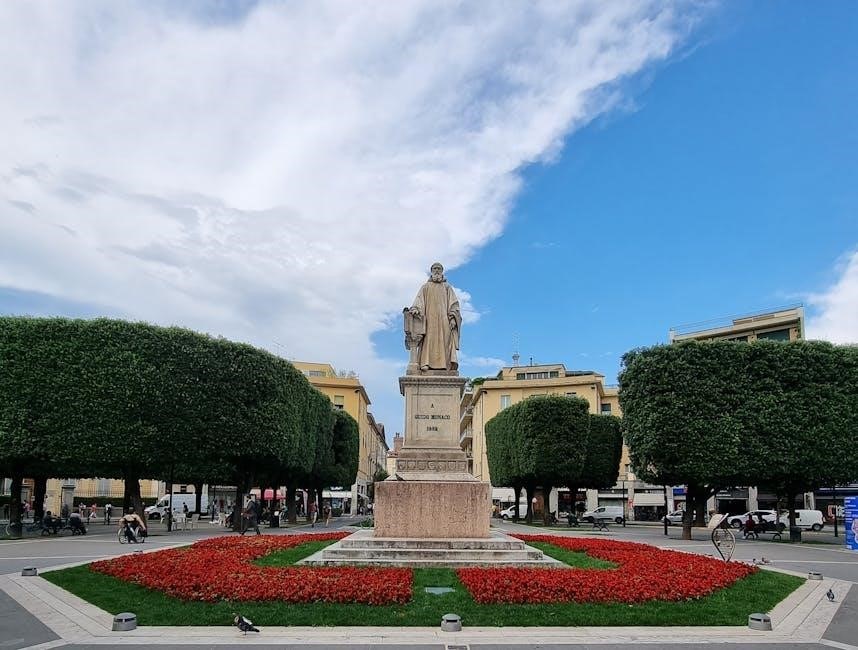
Theological and Ideological Beliefs
Guido Fambach adhered to Nazi ideology, emphasizing racial purity and authoritarian rule․ His beliefs fused nationalist fervor with anti-Semitic views, shaping his actions during the war․
6․1 Religious and Political Ideology
Guido Fambach’s beliefs were deeply intertwined with Nazi ideology, emphasizing racial purity and authoritarian governance․ Religiously, he aligned with Nazi-approved doctrines, blending nationalism with pseudo-Christian ideals to justify atrocities․ Politically, he embraced Hitler’s vision of Aryan supremacy and anti-Semitism, viewing these as foundational to Germany’s resurgence․ His ideology was rooted in a belief in the superiority of the German race and the need for aggressive expansion to secure resources and territory․ Fambach’s worldview was starkly intolerant of dissent, advocating for the suppression of minority groups and political opponents․ These beliefs were central to his actions during the war, shaping his role in the SS and his adherence to Nazi policies․ His ideological commitment remained unwavering, even as the regime’s atrocities became evident․
6․2 Influence of His Beliefs on Actions
Guido Fambach’s ideological convictions profoundly shaped his actions, driving him to actively support and implement Nazi policies․ His belief in Aryan supremacy and anti-Semitic ideologies justified, in his view, the persecution and extermination of Jews and other minority groups․ Fambach’s adherence to these doctrines led him to carry out his duties in the SS with zeal, viewing himself as a defender of the Nazi vision for Germany․ His actions were marked by a ruthless dedication to the regime’s goals, reflecting the depth of his ideological commitment․ This alignment of belief and action made him a key figure in perpetuating the atrocities of the Third Reich, leaving a legacy intertwined with the darkest aspects of Nazi ideology․
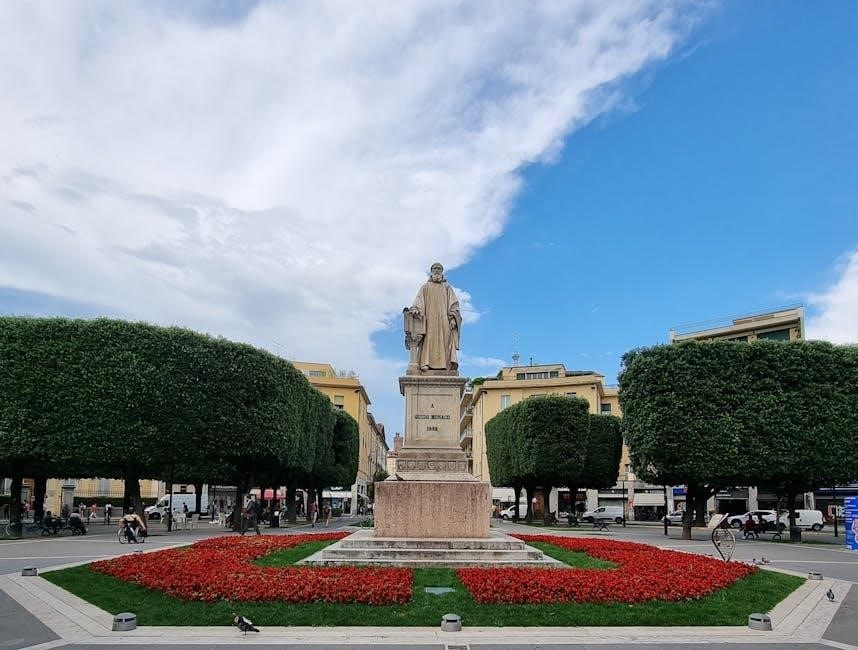
Historical Significance and Legacy
Guido Fambach’s role in the Nazi regime underscores the atrocities of the Holocaust, serving as a stark reminder of extremism’s consequences and the importance of accountability․
7․1 Impact on Historical Events
Guido Fambach’s involvement in the Holocaust and his role in the SS had a profound impact on historical events․ His actions contributed to the atrocities committed during World War II, leaving a lasting scar on humanity․ The Nuremberg Trials, where he faced justice, marked a pivotal moment in holding individuals accountable for wartime crimes․ Fambach’s legacy serves as a reminder of the dangers of unchecked power and ideological extremism․ His story is intertwined with the broader narrative of Nazi Germany, highlighting the devastating consequences of totalitarian regimes․ The lessons learned from his actions continue to influence international law and human rights frameworks, ensuring accountability for future generations․
7․2 Lessons Learned from His Life
Guido Fambach’s life offers profound lessons about the dangers of unchecked power, ideological extremism, and the consequences of complicity in atrocities․ His involvement in the Holocaust and role in the SS highlight the importance of moral accountability and the need to question authority․ The Nuremberg Trials underscored the principle that individuals, not just states, are responsible for crimes against humanity․ Fambach’s story serves as a cautionary tale about the erosion of empathy and the dangers of blindly following ideologies․ It also emphasizes the importance of upholding human rights and justice, even in the face of overwhelming oppression․ His legacy reminds us of the need for vigilance in protecting democratic values and preventing similar atrocities in the future․
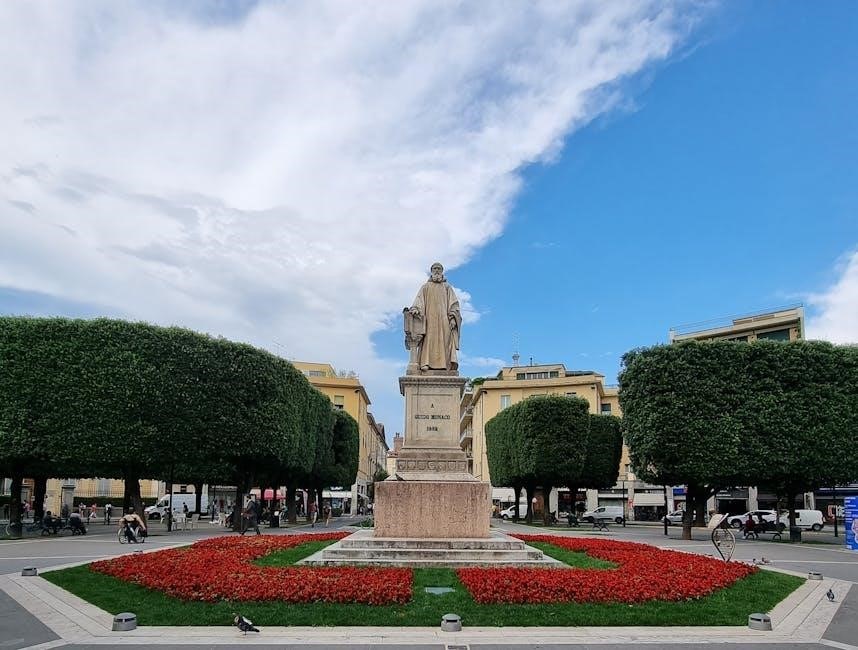
Leave a Reply
You must be logged in to post a comment.